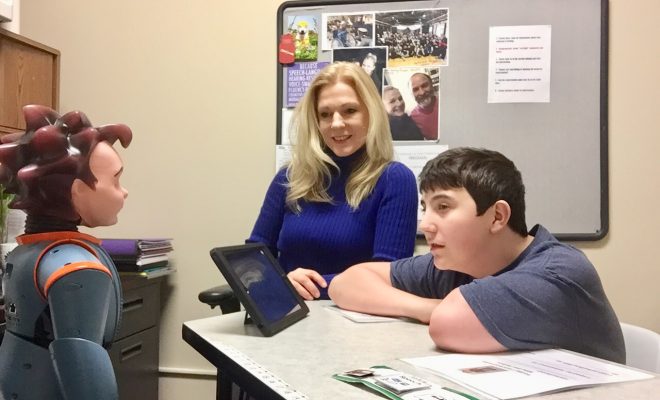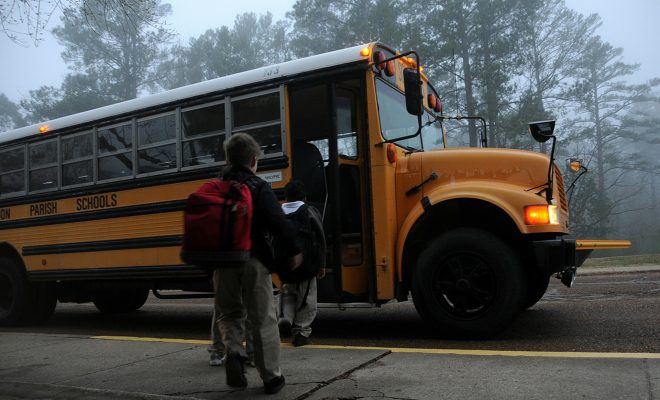Pass or Fail: Did you Know that State Policies Impact Retention Rates?

In this multi-part series, I provide a dissection of the phenomenon of retention and social promotion. Also, I describe the many different methods that would improve student instruction in classrooms and eliminate the need for retention and social promotion if combined effectively.
While reading this series, periodically ask yourself this question: Why are educators, parents and the American public complicit in a practice that does demonstrable harm to children and the competitive future of the country?
The state you live in determines retention policy and procedures. Do you think state level mandates are a fair and appropriate way of addressing the challenges we face in education? Does it make sense that a student in one state may be promoted to the next grade, yet retained in another state based on differing policies?
The first point of consideration for state retention policies is the Taking Responsibility Report that suggested that children lacking reading skills should not be promoted beyond the fourth grade. The report precipitated the move by some states to establish “no social promotion” policies in the form of retention laws. In most instances, however, and at a state level, this policy established third-grade reading skills as a benchmark for promotion beyond third grade. The first of these policies emerged quickly.
The second point of consideration is the so-called benchmark for educational progression. Indeed, a basic state-level policy review shows that most states require the retention of children who do not meet stated promotion requirements. Colorado’s statute, for instance, recommends retention when students do not meet learning standards. West Virginia’s statute also allows for but does not require, retention.
So-called model retention laws, such as those passed in Florida, still allow for “good cause” retention exemptions. Schools can promote children if they pass an alternative state-approved reading assessment or demonstrate they have met the state required level of mastery based on their student portfolios. Limited English speakers – those students with less than two years of English instruction – are also exempt. So too are special needs students whose Individualized Education Plans, or IEPs, state that standardized testing is inappropriate.
Florida students with IEPs or 504 plans who were retained in kindergarten or first or second grade, and who continue to have deficiencies after two or more years of reading remediation; and students who continue to have deficiencies after two or more years of reading remediation or who were retained in kindergarten or first or second grade for a total of two years are exempt, as well. Basically, no special education students have to meet state standards.
Most states with retention and exemption laws include categories similar to those included in the Florida law to get around the issue of those with special education needs. Other states, however, allow for teacher or principal recommendations as an exemption category. Georgia is the only state that allows for a parental appeal of retention. Many state policies also include contingencies for retention. They may, for example, require that the child is retained if he or she does not participate in a summer school intervention plan. A child may also be promoted only if he or she receives remediation at the next grade level.
Most retention takes place in kindergarten through third grade. Some states do not have policies that allow retention at higher grade levels. Of those that do, it’s notable that West Virginia’s statute also requires retention in the third through eighth grade. Texas children can be retained in grades three, five, and eight if they do not perform at required levels on reading and mathematics exams. Although the state of New York does not have a retention policy, New York City established a policy for grades three, five, seven and eight with proficiency required in English Language Arts or mathematics.
In the United States, there are two identified spikes in retention rates by age. Students are statistically most likely to be retained at the age of six or at the age of twelve. Retention takes place at the high school level, too, precipitated by performance on high school exit exams. In this case, young people unable to pass an exam by the time they complete twelfth grade do not receive a diploma. This is a form of retention, too, in that students are not able to move to the next level, whether it is career or college entry. Currently, twenty-six states have high school exit exams.
Although high school exit exams vary from state to state regarding content tested and opportunities for retakes, most states administer exams that cover reading, writing, and mathematics at levels that should have been addressed by tenth grade. Some states allow students to retake these exams and some allow for alternative exams, alternative routes to graduation, and remediation programs for students who are unable to pass the initial administration of the exam. Minnesota, Oregon, and Texas have specific alternate routes to graduation for English Language Learners who have been in the United States for a limited number of years. All states provide for modified or alternate assessment for students with disabilities, as well as waivers.
How does your state compare to others in terms of retention? Do you agree with the current policy in place for your particular state?






